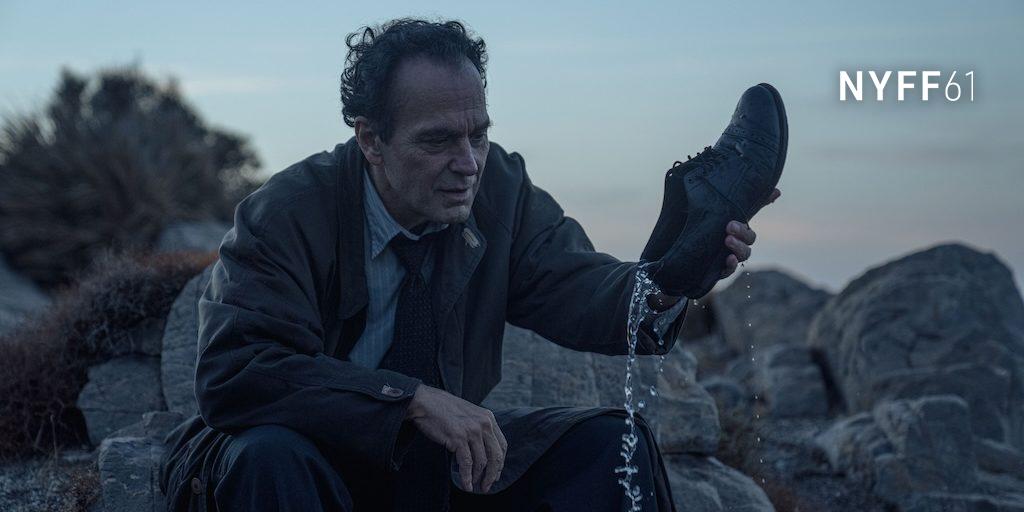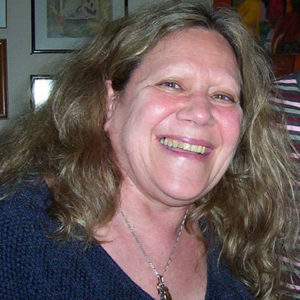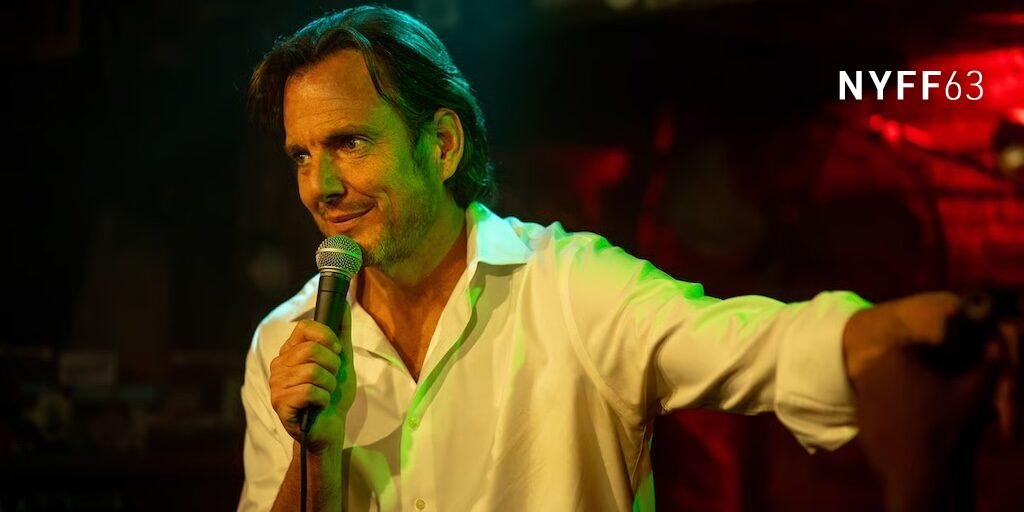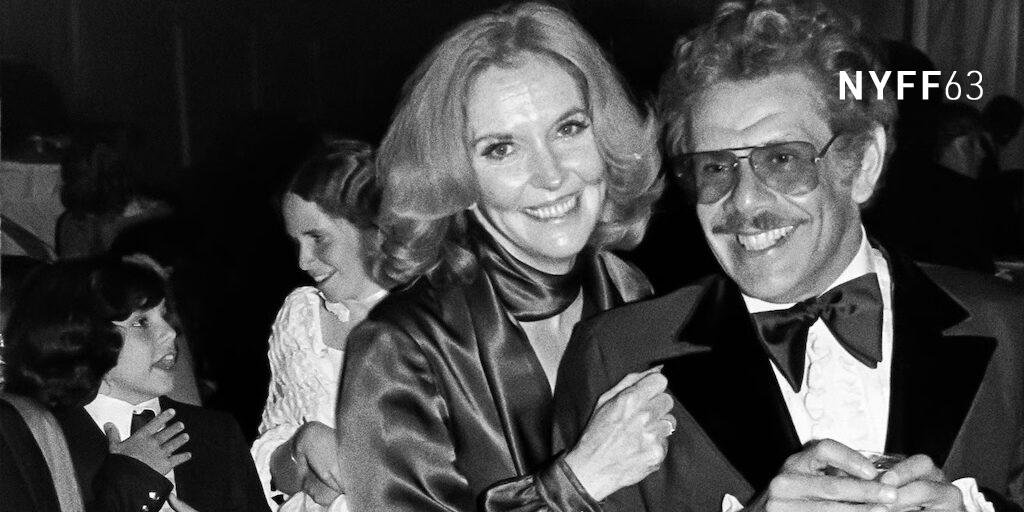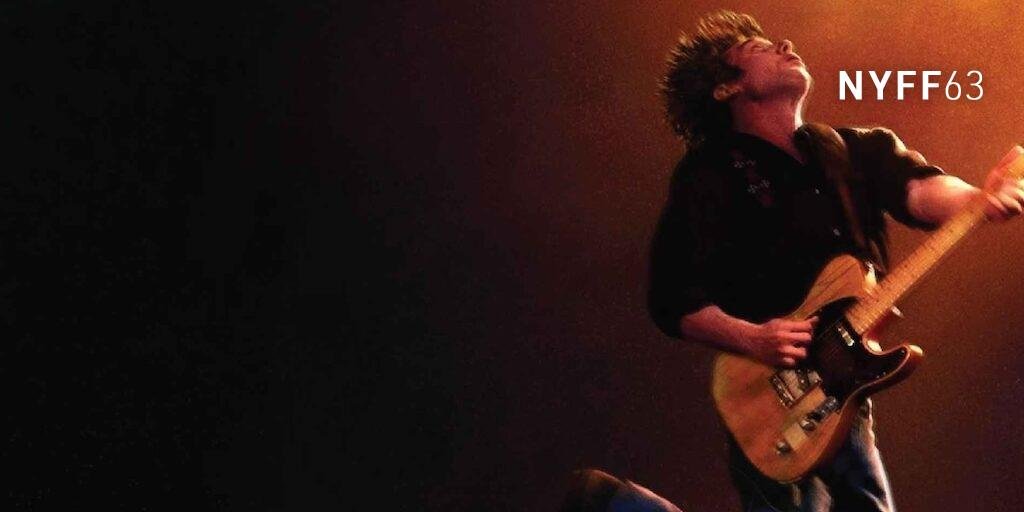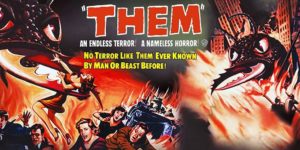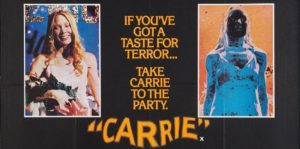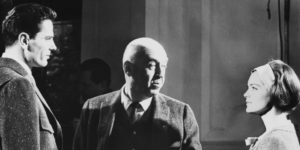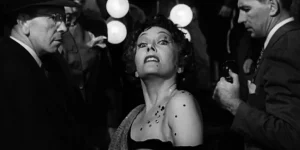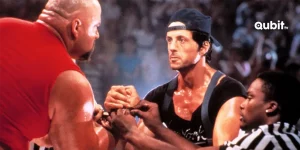Victor Erice retakes his film career after a 31-year long absence, after making Dream of Light (1992). In the passing of those years his life navigated through criticism, lecturing, shooting commercials and writing books.
Since Spirit of the Beehive (1973), his first film featuring the acting debut of Ana Torrent, who once again accompanies him in this fragmented reconstruction of her father’s story, a known actor lost for decades. Alongside her there is another performer, Juan Margallo, who was also in that distant first film by Erice.
With a slow rhythm, premeditated in the way a sonnet by Shakespeare would, Close Your Eyes reaches a crescendo in its final act where the movie made as a commode a tiroir where small drawers can be opened and discover a world of abandoned objects, in this case about memories that will resuscitate lives from a forced oblivion.
Erice achieved, with a skillful yet emotive style, to explain his prolonged absence from Spanish film sets by returning with a film without any major pretentions that deals with disappearances and indifferences.
He utilizes the structure of a film within a film and, at the same time, those drawers described above, that open and shut with concerns about memory, conscience and aging also describe cinema itself, and the usefulness of the simple within the world concert of new techniques and excessive visual effects.
Protagonist Miguel Garay, portrayed by Manolo Solo, is an elder filmmaker and novelist that has not made a film in years and currently lives like a hermit in a lost fishing town in the Spanish coast.
As it was a title replacing the original in Erice’s feature, Miguel Garay’s truncated film had similarities to that of the filmmaker and was titled The Farewell Gaze. In the film’s opening scene, a rich Jewish Spanish refugee named “Triste le roi” (The Sad King) who lives in a castle in France hires a private investigator to find his daughter, apparently lost in Shanghai during World War II.
In that first scene a baroque world appears with a climate similar to that in Samuel Beckett’s Endgame, and to ensure that he places a hat similar to that of Hamm, protagonist of the play, who constantly tries to communicate the impossible in an eternal gameplay. This game turns into a dramatic counterpoint that allows to show the difficulty in communication among human beings and achieving a knowledge of the self, marked by the life experience of the passing of time that serves as a “pattern”, understanding the characters as personifications of fundamental human attitudes in the manner of medieval plays.
When it comes to concentrate in the story of the old Jewish man, Erice cuts away and takes the audience to 2012, confronting them with Miguel Garay, twenty years later, in a TV set where he is participating of a show a la Unsolved Mysteries in which he and the actor’s daughter talk about the actor’s disappearance.
The quest leads them to a nursing home where they find the actor self-forgotten and unaware. Close Your Eyes is a film that allows the audience to rest in a moving space of spirituality and reflect on beauty, poetry and the ephemeral. It talks about frailty, the fleeting blink of the time that is escaping, turning irretrievable and about the transcendence of mysticism. Without being a religious film, it has a hint of potential religiousness that transforms the way of seeing one self and how one relates to life.
![]()
Director: Víctor Erice. Writing Credits: Víctor Erice, Michel Gaztambide. Cast: Manolo Soto, José Coronado, Ana Torrent, María León, Soledad Villamil. Producers: José Alba; Odile Antonio-Baez; Agustín, Pablo and Pol Bossi; Víctor Erice; Maximiliano Lasansky. Runtime: 169 minutes.

